Mortgage Discharge: Everything you Need to Know 2023 – Cypher Law
Table of Contents
A Mortgage Discharge is a legal process of releasing a borrower’s obligation to repay a mortgage. The term “discharge” can describe the act of forgiving a debt or removing a debt obligation from a borrower’s credit report. There are many different reasons someone might want to get their mortgage discharged.
We work with a network of mortgage brokers who can assist you in obtaining the BEST rates available in this hot market.
Contact us today for more information on how we can help you with a Mortgage Discharge in Ontario!
Phone: 289-816-CYPR (2977)
Fax: 289-312-CYPR (2977)
Office: 755 Queensway East, Suite 202, Mississauga, ON
Introduction to Mortgage Discharge
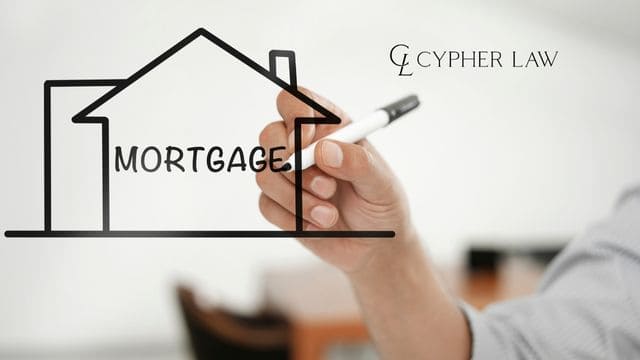
Sometimes, it may be because the borrower has sold their home and no longer owns the property.
In other cases, the borrower may have died, and their estate is looking to have a “Discharge of Mortgage” done, so that they can sell the property.
Whatever the reason, if you’re looking to have a Mortgage Discharge, there are a few things you need to know.
This blog post will cover everything you need to know about Mortgage Discharge in 2023, including the different types of discharge and how to get one.
What is Mortgage Discharge?
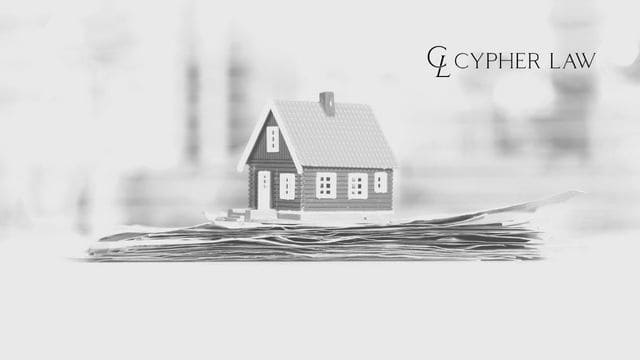
A Mortgage Discharge, releases a borrower from their obligations under a mortgage contract. This can be done through several methods, including refinancing, selling the property, or making a lump sum payment. Mortgage discharge can also occur if the property is foreclosed upon or the borrower dies.
When borrowers are discharged from their mortgage, they are no longer responsible for paying the loan. The Discharge Certificate will state that the mortgage has been paid in full and that the borrower is released from further obligations. The certificate should be given to the borrower by their lender once the discharge process has been completed.
Mortgage discharge can relieve borrowers from their financial obligations, allowing them to move on with their lives. However, it is essential to note that mortgage discharge does not relieve a borrower from all debts associated with the property. Any outstanding taxes or other liens on the property must still be paid in full before the property can be transferred to another party.
The Different Types of Mortgage Discharge
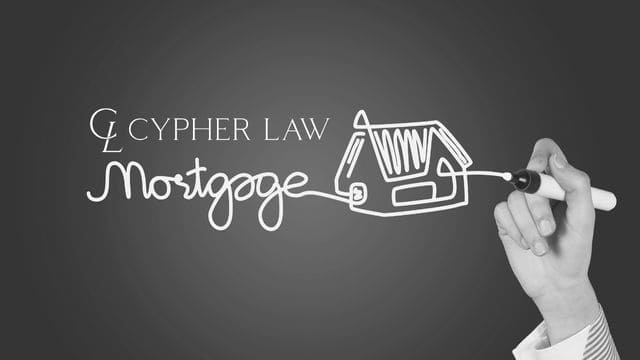
A Mortgage Discharge is a legal document that proves that a mortgage has been paid in full and the property has been transferred back to the borrower. There are two different types of mortgage discharge: full and partial.
A full Mortgage Discharge means the entire mortgage balance has been paid off, and the property is now free and clear. A partial “Discharge of a Mortgage” implies that only a portion of the mortgage has been paid off, and a balance remains. Partial discharges are typically used when a borrower refinances their home loan or sells their property.
Pros and Cons of Mortgage Discharge
There are pros and cons to any Mortgage Discharge. On the plus side, it can free up some much-needed cash flow and provide some much-needed relief from debt. It can also be used as a negotiating tool in some cases.
On the downside, it can negatively impact your credit score and make it challenging to obtain new financing.
When evaluating whether or not to discharge your mortgage, you’ll need to consider your financial situation and goals. If you’re struggling to make ends meet and you’re at risk of foreclosure, then discharging your mortgage may be the best option for you. However, if you have other options, such as refinancing, you should explore those first.
Whatever decision you make, be sure to speak with a qualified financial professional before taking action. They can help you weigh the pros and cons of any Discharge of a Mortgage and determine what’s best for your unique situation.
How to Get a Mortgage Discharge With an Attorney
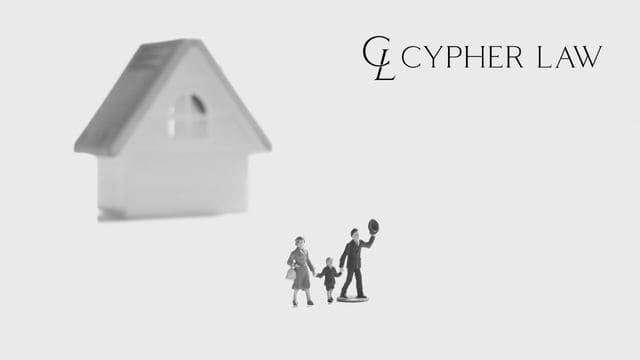
If you’re looking to get a Mortgage Discharge with the help of an attorney, there are a few things you need to know. First, you’ll need to find an attorney who is experienced in this area of law and who you feel comfortable working with. Once you’ve found an attorney, you’ll need to provide them with all the necessary documentation, including your mortgage loan documents and other relevant financial information.
At Cypher Law, we work with you to determine if a Discharge of a Mortgage is possible in your situation. They will help you prepare the necessary paperwork and file it with the court if it is needed. Once the paperwork is filed, you’ll need to attend a hearing, at which time a judge will decide whether or not to grant the discharge. If the release is granted, your mortgage debt will be forgiven, and you’ll be free from further obligations to your lender.
Alternatives to Mortgage Discharge
Consider applying for a Discharge of a Mortgage if you struggle to make your mortgage payments.
However, you should be aware of a few alternatives to Discharge of a Mortgages before making any decision.
One alternative to “Discharge of a Mortgage” is refinancing. Refinancing your mortgage can lower your monthly payments and give you some breathing room financially. Another option is to sell your home. Selling your home will allow you to pay off your mortgage and get out of debt.
Whatever option you decide to pursue, make sure that you speak with a financial advisor or housing councelor first. They can help you understand your options and determine which is best for your situation.
Conclusion
If you’re considering discharging your mortgage, it’s essential to know the ins and outs of the process.
Cypher Law can help you navigate the Mortgage Discharge process and ensure everything is done correctly.
We’ll work with you to understand your situation and determine whether discharging your mortgage is the right decision for you. Contact us today to learn more about our services and how we can help you.
Contact us today for more information on how we can help you with a “Discharge of Mortgage” in Ontario!
Phone: 289-816-CYPR (2977)
Fax: 289-312-CYPR (2977)
Office: 755 Queensway East, Suite 202, Mississauga, ON
Read about the mortgage trigger calculator here.
Read more about the importance of having a legal professional to help discharge a mortgage, here.
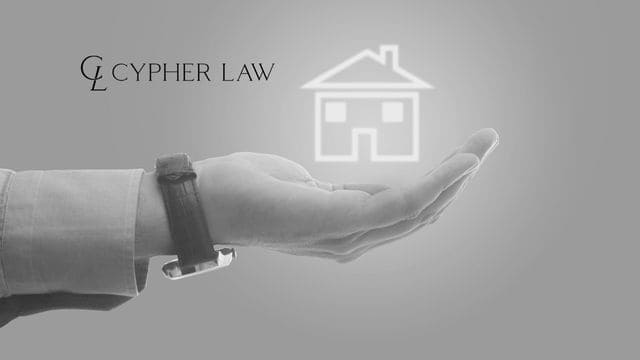
Leave a Reply